Game Testing Jobs from Home (Earn $200-500 Monthly)
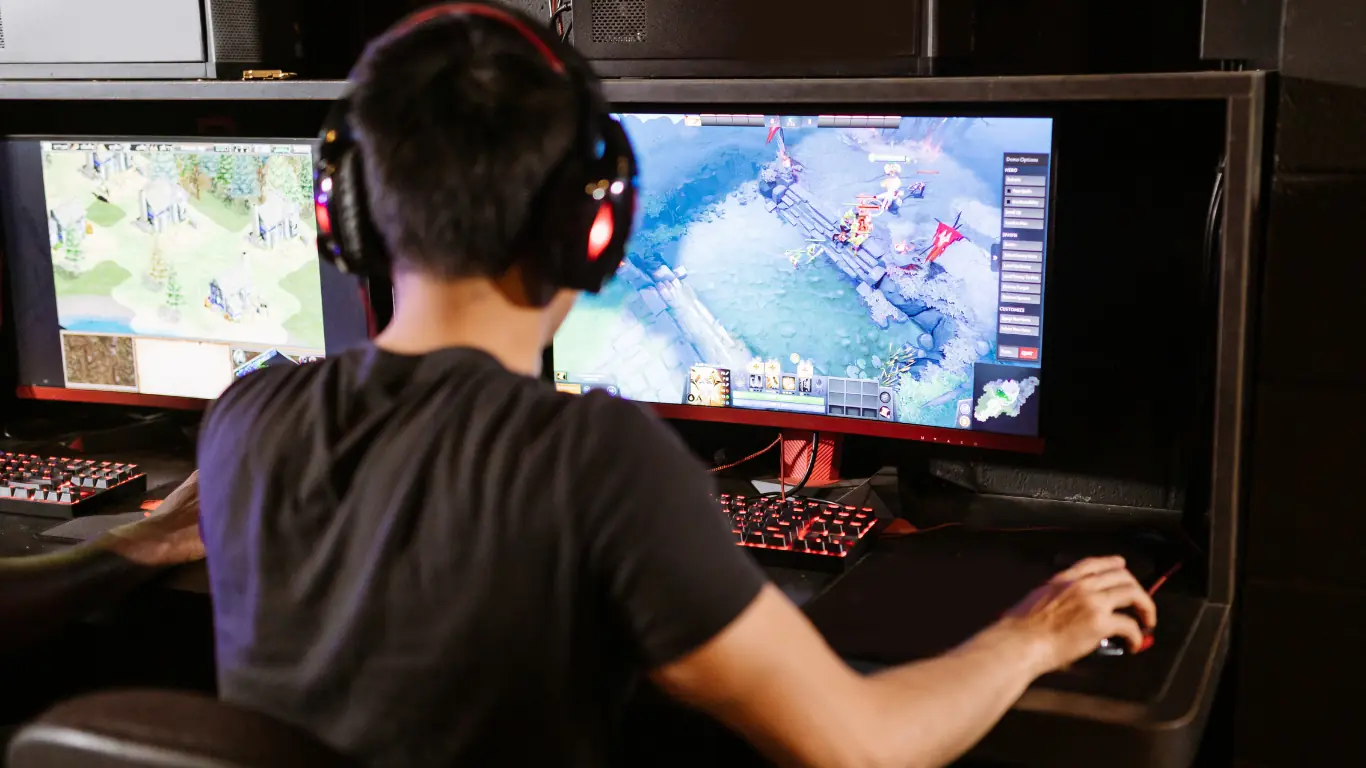
You can get paid to test video games from home, even with no experience. It's not just about playing for fun, it's real work that requires attention to detail and specific skills. Remote game testing lets you earn money, see how games are made, and play them before release.
I will show you what to expect, the skills you need, where to find real opportunities, and how to turn gaming into a steady income.
What Exactly is a Remote Game Tester?
Many people think game testing means spending all day playing new games enjoyment. The reality is a bit different, but also more rewarding if you know what to expect. In general, there are two types of game testing jobs. Remote roles usually fit into one of these two categories, and each comes with its own kind of work and earning potential.
1. Quality Assurance (QA) Tester: The Bug Hunter
This is the main role most professional game testers work in, and it's also where the higher pay can be found. QA testers don't just play games casually, they stress-test them. The job is about intentionally "breaking" the game to find issues. QA testers then report those bugs to help ensure everything runs smoothly before the game reaches players.
Game testing is much more than casual gaming. You'll be given test plans and specific tasks to follow, all designed to uncover technical issues (known as "bugs").
This could mean walking your character into the same wall hundreds of times to see if they clip through it. Or it might involve opening and closing menus repeatedly to check for memory leaks that could crash the game.
To do well in QA testing, you need to be careful and follow a structured process, even if it feels different from normal gaming.
Instead of playing as a hobby or story progress, your job is to write clear, detailed bug reports. These reports should explain what happened, where it happened, how often it occurs, and the exact steps developers can follow to reproduce the issue.
In short, think of yourself as part detective and part technical writer.
2. Playtester: The Player Experience Expert
This role is more casual and focused on the player's experience. It's also where most no-experience opportunities are found.
Playtesters give feedback on things like overall fun, game balance, and ease of use rather than searching for technical bugs. The work feels closer to normal gaming, but with a critical eye and structured feedback.
As a playtester, you test games in early development and share thoughts on many aspects of the game, such as:
- How clear is the tutorial?
- Does the difficulty feel fair?
- Do the controls work well?
Companies often ask you to record your screen and voice, giving real-time commentary about your experience as you play.
Good playtesters give clear and honest feedback that developers can use.

They want to know how average players feel when trying their game for the first time. You don't need to be a pro gamer or know technical details. Your value comes from representing the target audience. Share your real experience with the game.
For beginners, playtesting opens the door to remote game testing work. These jobs are usually project-based rather than full-time positions. But they offer a great way to earn extra money. You also build a portfolio and reputation in the gaming industry. This experience can lead to other opportunities in game development.
The Must-Have Skills (No Experience Required)
You don't need a resume full of QA experience for remote game testing. You don't need a computer science degree either. But you do need several key skills to succeed. Many of these are traits you likely already have as a regular gamer. The rest you can learn quickly with practice.
Extreme Attention to Detail
This skill forms the foundation of all successful game testing careers. A professional game tester is a bug hunter. Bugs hide in the smallest details. You need to notice tiny graphical errors in the background. Spot one-pixel gaps in walls that shouldn't exist. Catch subtle audio delays that happen only under specific conditions.
You must train yourself to look beyond the obvious. Other players focus on completing objectives or enjoying the story. You need to examine every corner of the game world. Test every interactive element. Question whether everything works as intended. This attention extends to your documentation too. Vague bug reports are worthless. Detailed reports with screenshots, system specs, and reproduction steps save developers hours of work.
Strong Communication Skills
Clear communication separates professional testers from casual gamers. You can't just say "the game crashed" and expect good pay. You must write clear, concise reports. Include the bug's classification. Add a detailed description of what happened. List the exact steps to reproduce the issue. Note the platform and build version. Explain the potential impact on player experience. Think of yourself as both a detective and a journalist.
Patience and Persistence
Game testing requires extreme patience. You might walk your character into the same room a hundred times. You're checking if the lighting flickers inconsistently. You could spend entire sessions trying button combinations. You're looking for rare crash conditions. This repetitive work isn't mindless gaming. It's focused, methodical testing that requires mental stamina. Understanding this aspect upfront is crucial for success.
Passion for Gaming Beyond Playing
Successful testers have a deeper interest in how games are made. They don't just play games. Understanding different gaming genres helps. Know platform-specific conventions. Stay current with industry trends. Learn what makes games enjoyable from a design perspective. This knowledge makes your feedback much more valuable to developers.
Technical Skills
You don't need to be a programmer. But solid computer skills will boost your success. They open doors to higher-paying opportunities. Learn basic troubleshooting. Get comfortable with different operating systems. Know how to take and organize screenshots effectively. Learn to use screen recording software.
How Much Money Can You Really Make?

One of the most common questions about game testing is about earning potential. The answer varies significantly. It depends on your skill level, time investment, platform choice, and testing specialization.
Realistic Income for Beginners
When starting out, most new game testers earn $200 to $500 per month. This assumes working 10-15 hours per week. This might seem modest. But remember, you're building skills and reputation while earning money for something you enjoy. Many beginners expect a full-time income immediately. This leads to disappointment and early dropout from the field.
Your first month will likely be your lowest earning period. You'll learn the ropes during this time. You'll complete qualification tests. You'll get approved for various platforms. Don't be discouraged if you only earn $50-100 in your first few weeks. This is normal and temporary as you establish yourself in the testing community.
Mid-Level Earning Potential
After three to six months of consistent testing, experienced testers often earn $500 to $1,200 per month working part-time hours. At this level, you'll have developed efficient testing methods. You'll have built relationships with multiple platforms. You'll gain access to higher-paying specialized tests.
Some testers at this level expand to full-time equivalent hours. That means 30-40 hours per week. They can earn $1,500 to $3,000 per month. However, this requires treating game testing as a serious business rather than a casual hobby.
Factors That Affect Your Earnings
Your device availability plays a crucial role. Testers with access to multiple platforms get more opportunities. This includes current-generation consoles, various mobile devices, and high-end PCs. They typically receive higher-paying assignments too.
Language skills can dramatically increase your earning potential. Bilingual testers can participate in localization testing. They often command premium rates. Your testing specialization also impacts earnings. General playtesting typically pays less than specialized areas. These include accessibility testing, security testing, or technical compatibility testing. Developing expertise in specific areas leads to consistent, higher-paying work.
Long-Term Career Growth
Experienced testers who work professionally can earn $2,000 to $5,000+ per month. This comes after building substantial expertise and client relationships. Some successful testers transition into full-time QA roles with game studios. Others start their own testing consultancies. Some become testing team leads for major platforms.
On Moincoins, you can track how much users earn. In July 2025, the top 10 users earned between 1,200 $MCN and 2,200 $MCN. You can view the full earnings on the Moincoins earnings dashboard.
Equipment and Setup Requirements
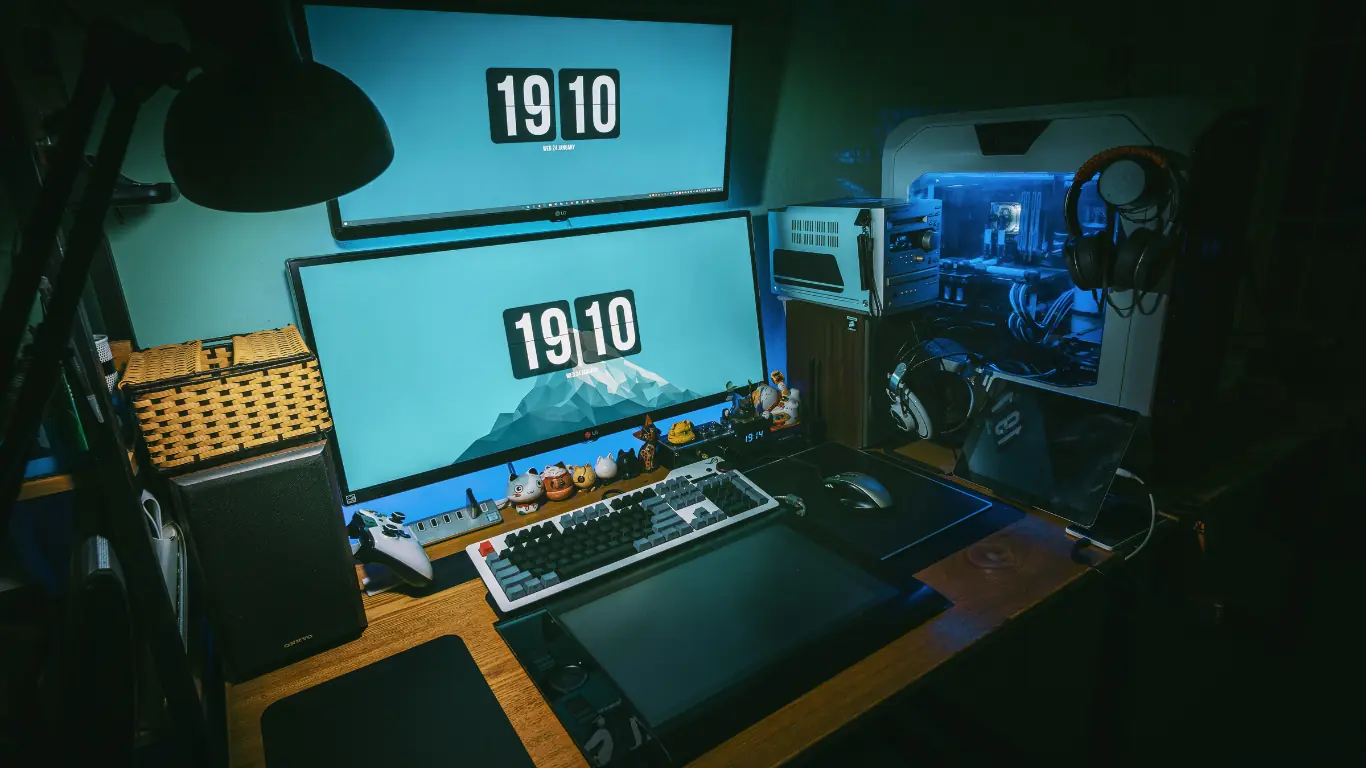
Having the right equipment and setup is crucial for success in remote game testing. You don't need the most expensive gaming rig on the market. But certain minimum requirements must be met to participate in most testing opportunities.
Minimum Technical Requirements
Your computer serves as the foundation of your testing setup. Most platforms require relatively modern specifications. You need a reliable computer running Windows 10 or later. Mac users need macOS 10.14 or newer. This represents the bare minimum for most opportunities.
Your system should have at least 8GB of RAM. You need a stable processor capable of running current games at reasonable settings. A minimum of 10 Mbps download speed is required for most platforms. But 25+ Mbps is recommended for better performance.
You'll need a decent USB microphone or quality headset. The microphone must be clear for recording commentary during testing sessions. Poor audio quality can disqualify you from many opportunities.
Recommended Equipment for Serious Testers
Investing in better equipment can dramatically expand your opportunities. A gaming-capable PC with a dedicated graphics card opens doors to high-end game testing. These opportunities pay significantly more than basic testing.
Multiple monitors can significantly improve your testing efficiency. You can have the game running on one screen. Keep testing documentation on another screen. This setup saves time and reduces errors.
Having both current iOS and Android devices helps too. Preferably multiple models of each. This provides access to numerous high-paying mobile testing opportunities. Mobile testing is a growing market with good pay rates.
Where to Find Legitimate Remote Game Testing Jobs
The internet is flooded with scams targeting aspiring game testers. You need to know where legitimate opportunities exist. Any website that requires upfront payment is a scam. This includes "starter kits," "certification courses," or "guaranteed placement" fees. Legitimate testing opportunities never require payment from testers.
1. PlaytestCloud
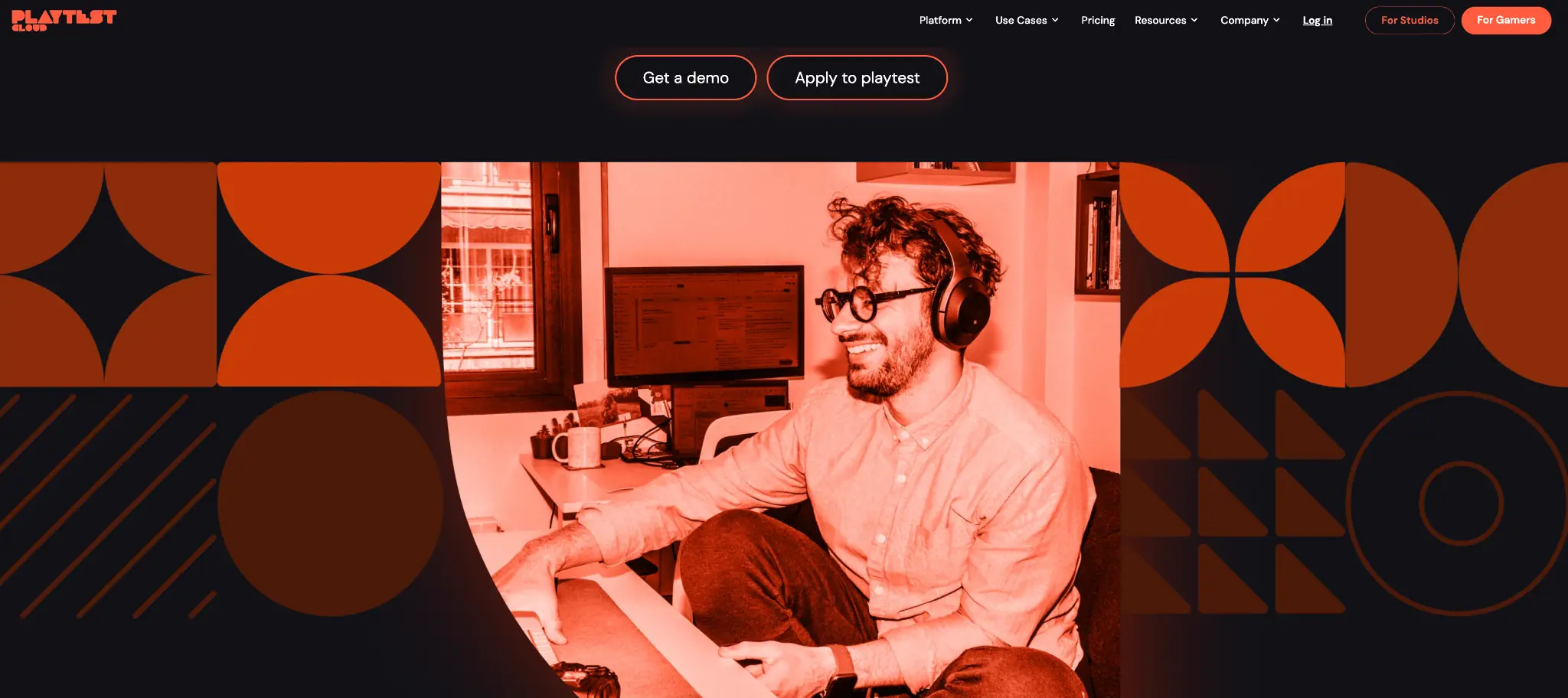
PlaytestCloud is one of the most beginner-friendly platforms. It specializes in mobile game playtesting. The application process is straightforward. A qualification test evaluates your ability to provide clear feedback. Pay is transparent and fair. You typically earn $9 for a 15-minute testing session. Payments are processed reliably through PayPal.
2. Test IO
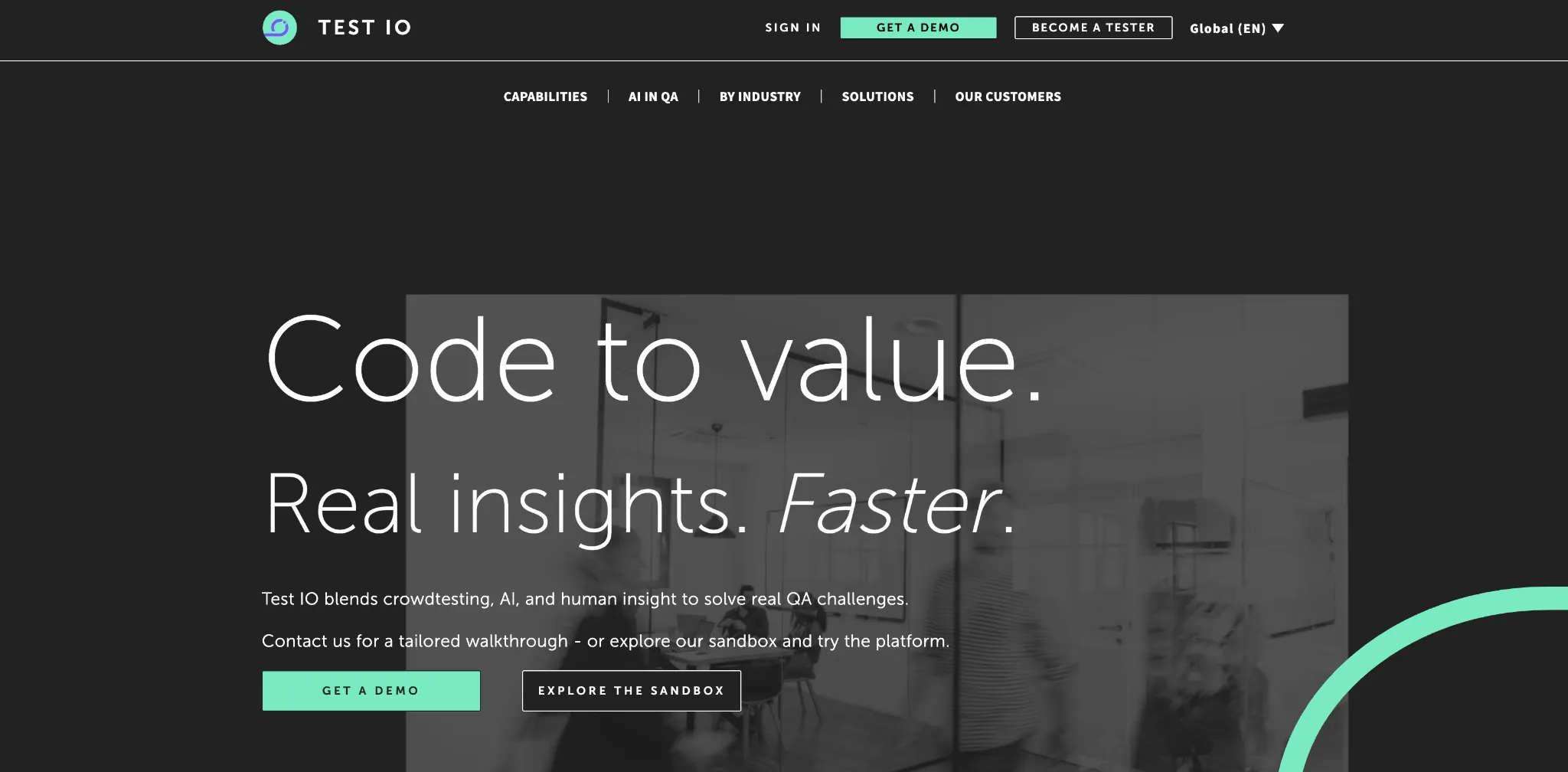
Test.io offers a more technical approach. It focuses on actual bug discovery and QA processes. The onboarding process is more intensive. You must complete their Testing Academy program. Payment is performance-based. You earn money for each valid bug you discover. Rates vary depending on bug severity. Lucrative bugs pay up to $50.
3. UserTesting
This platform isn't exclusively focused on games. But it frequently offers game-related testing opportunities. It provides valuable experience in user experience testing. The qualification process is more demanding. But it opens doors to better-paying opportunities. Rates often range from $10 to $60+ per test.
4. Moincoins
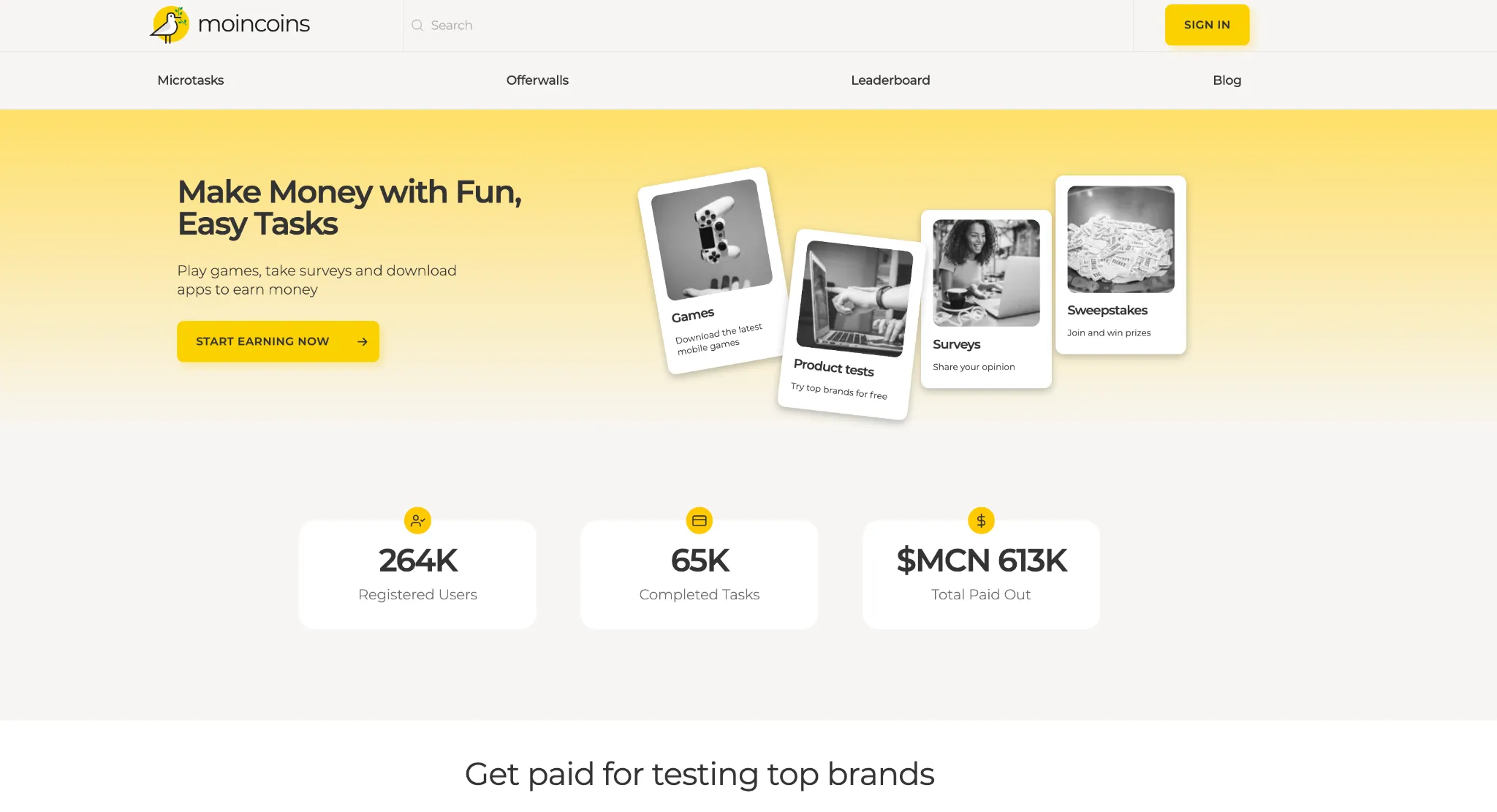
Moincoins is a rewards platform that lets you earn real money. You complete various microtasks, including playing games and downloading apps. It's not a traditional game testing platform like PlaytestCloud. But it offers a great entry point for a different kind of "testing."
You can explore new mobile games and apps and offerwalls. You get paid for your time. This makes for a smooth transition from casual gamer to earning money for your passion. The tasks are more about user acquisition than formal bug hunting. Moincoins provides a way to get paid for gaming activities you already enjoy. It acts as a great side hustle while you build skills for more professional testing platforms.
Conclusion
Remote game testing lets you earn money from home with no experience. It's not just playing games, you need to spot details, report clearly, and give useful feedback.
Start with beginner-friendly platforms like PlaytestCloud, Test IO, or Moincoins. Income is modest at first, but with patience and consistency, you can turn testing into steady earnings or even a career in gaming.
Common Beginner Mistakes to Avoid
1. Playing Instead of Testing
Here's the biggest mistake new testers make. They boot up a game and start playing for fun. But you're not there to enjoy yourself or beat levels. You're there to break things and find problems. Professional testing means fighting your gamer instincts. Instead of rushing to complete objectives, you need to poke every corner, test every button, and look for what doesn't work.
2. Weak Documentation
Many beginners write reports that sound like casual reviews. "The game crashes sometimes," or "It feels laggy" won't cut it. Developers need specifics. Which level crashed? What were you doing exactly? What device were you using? Good documentation reads like a recipe that someone else can follow to recreate the same problem.
3. Unrealistic Money Expectations
New testers often think they'll start earning serious money immediately. The reality? Your first few months will be more about building skills than building your bank account. You're learning a craft, not clicking buttons for easy cash. Set realistic expectations and treat those early earnings as bonus income while you develop your expertise.
Frequently Asked Questions (FAQs)
1. Do I need a degree to be a game tester?
No degree required. Most remote game testing jobs don't care about formal education. This is especially true for beginners. Your ability to follow instructions matters more than a college degree. Clear communication and attention to detail are what count.
2. How do I get paid, and is it safe?
Most legitimate platforms pay through PayPal or direct bank transfer. They use other secure online payment services too. Red flag: they should never ask you to pay them first. They won't ask for sensitive financial information beyond what's needed for payments. Platforms like Moincoins use point systems. You cash out points for gift cards or real money.
3. Can I really do this with no experience?
Absolutely. Entry-level platforms like PlaytestCloud are built for beginners. Reward apps like Moincoins work the same way. They provide training and opportunities. You'll build foundational skills and reputation for more advanced work later.
4. Is game testing a full-time job?
For most remote testers, it starts as part-time work or a side hustle. This is especially true for beginners. It can become full-time for highly skilled testers. You need to be consistently reliable and build a strong reputation. But this level of success takes time and professional dedication.
5. What equipment do I need to start?
The basics are simple. You need a reliable computer (PC or Mac). Get a stable internet connection (10+ Mbps). Add a decent microphone to the list. For mobile game testing, you'll need a smartphone or tablet. As you advance, more equipment helps. Multiple devices, a dedicated graphics card, and multi-monitor setups can boost your opportunities and earnings.